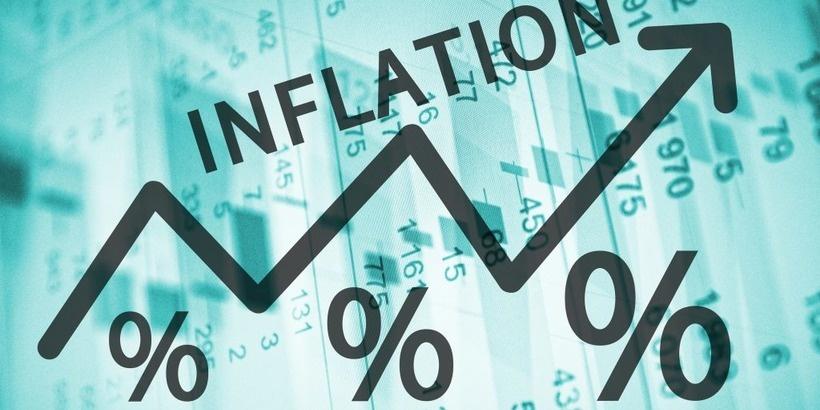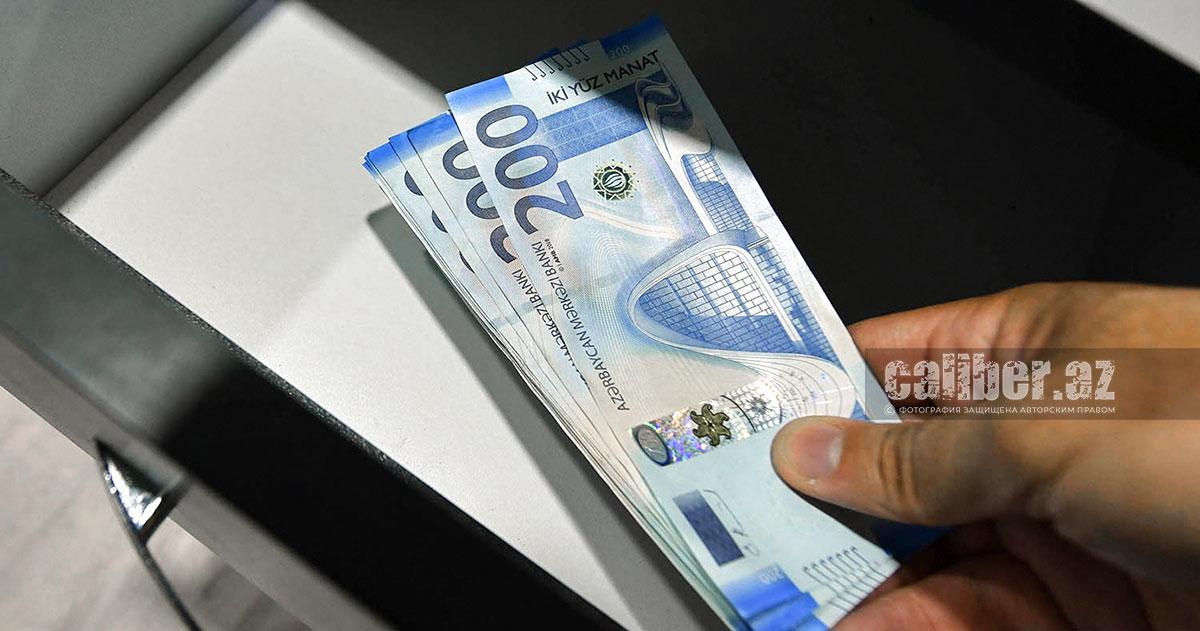International forecasts signal stable growth for Azerbaijan’s economy Is inflation under control?
As global inflation expectations decrease in many countries, there has been an increased focus on improving GDP dynamics, lowering borrowing costs, and easing the tax burden on businesses. Since the end of 2023, these trends have intensified in Azerbaijan as well, influencing the Central Bank of Azerbaijan's (CBA) monetary policy regarding interest rates.
According to forecasts published by the European Bank for Reconstruction and Development (EBRD), Azerbaijan's inflation rate by the end of 2024 is expected to fall by more than half compared to 2023 levels. As noted recently during parliamentary discussions on the draft state budget for 2025, maintaining inflation within the target range has been set as the primary goal of the regulator's monetary policy for the coming year.
According to recently published forecasts by the International Monetary Fund (IMF), the global economy is experiencing weak but steady growth at least until the end of the decade, within the upward phase of a multi-year cycle. The current period in the forecast is characterized as a "moderate growth regime," and IMF specialists have based their calculations on several key factors, with the success of the policies of leading central banks being the most important. These central banks have managed to bring inflation close to the forecasted corridors by tightening monetary policy. According to the IMF, the global average inflation rate has decreased from 6.7% last year to 5.8% this year, and it is expected to fall to a more acceptable level of 4.3% in 2025.

Since the end of last year, the reduction in the impact of global imported inflation has helped stabilize Azerbaijan's macroeconomic indicators. In particular, at the end of last year and in the first half of this year, the financial regulator gradually lowered the discount rate from 9% to 7.25%. As of the end of November, these levels remain unchanged, indicating the regulator's confidence in maintaining inflation close to the target range (4±2%) for the current year.
It is important to note that the stability of the monetary factor plays a key role in balancing the country's macroeconomic indicators. Unlike many of Azerbaijan's trade partners, such as Türkiye and Russia, where national currencies have recently depreciated, Azerbaijan has managed to keep the manat’s exchange rate against the dollar stable for the eighth consecutive year. This stability significantly strengthens the resilience of Azerbaijan's domestic currency market and monetary system against both external and internal shocks.
Furthermore, the Central Bank of Azerbaijan's foreign currency reserves have increased by 1.6% since the beginning of the year, reaching nearly $11.8 billion after three quarters. This growth enhances the regulator's ability to sterilize the money supply and manage the national currency’s exchange rate effectively.
"The main inflationary factor in Azerbaijan at present is the high inflation levels among our foreign trade partners. At the same time, the appreciation of the manat’s nominal effective exchange rate is helping to reduce the pace of price growth," said Taleh Kazimov, Chairman of the Central Bank of Azerbaijan (CBA), during a briefing earlier this month.

In the updated October forecasts, the CBA projected that under the current policy, annual inflation in Azerbaijan is expected to reach 5.1% by the end of 2024 and 5.8% by the end of 2025. The regulator also revised its inflation forecast for the current and next year downward by 0.3 percentage points.
Speaking at a meeting of the Parliamentary Committee on Economic Policy, Industry, and Entrepreneurship, Kazimov reiterated that the main objective of the Central Bank's monetary policy for the coming year is to maintain inflation within the target range.
The feasibility of these forecasts will largely depend on the global situation: the global macroeconomic environment is being shaped by a number of geopolitical factors, including the ongoing military tensions in Ukraine and the Middle East. Dominant factors also include the anticipated policies of the US Federal Reserve and the European Central Bank regarding interest rate reductions, which will influence fuel prices and the cost of hydrocarbon raw materials. Specifically, risks related to price volatility in the energy market should be considered, particularly given the uncertainty surrounding OPEC+ policies on increasing oil production quotas, among other factors.
However, despite the numerous variables in this global equation, Azerbaijan's economy, having overcome the recessionary impact of 2023, continues to strengthen its financial stability, driven by the non-oil sector. The country is implementing multi-billion-dollar construction projects in the liberated territories, providing contracts to the private sector and creating new industries. This, in turn, is boosting employment and increasing the population's income.

The positive trends observed in Azerbaijan have not gone unnoticed by international financial organizations (IFOs). In particular, according to the recently published forecasts by the European Bank for Reconstruction and Development (EBRD), Azerbaijan’s annual inflation is expected to slow down from 8.8% in 2023 to 3.5% in 2024, with these figures even more optimistic than the Central Bank of Azerbaijan's conservative projections.
Regarding the current macroeconomic environment in Azerbaijan, the EBRD notes that this year, GDP growth has accelerated, and inflation has slowed. "While the oil and gas sector has returned the growth on the back of strong gas demand. Inflation remains within the central bank’s target range," the EBRD's forecast information states. It emphasizes that energy exports and large-scale government investments will continue to stimulate the country’s GDP growth in the coming years. The bank estimates that real GDP growth in Azerbaijan will reach 3.8% in 2024 and 2.7% in 2025.
At the same time, it is noted that factors such as fluctuations in oil and gas prices, as well as geopolitical instability in the region, may affect these projections.
Azerbaijan's macroeconomic prospects are viewed positively not only by EBRD experts but also by other leading international financial organizations (IFOs). For example, in the October World Economic Outlook report, the International Monetary Fund (IMF) projected average annual inflation in Azerbaijan at 2.1% for 2024 and 4.8% for 2025. In comparison, the IMF's April report had forecast inflation at 3.5% for 2024 and 5% for 2025.
Meanwhile, experts from the World Bank (WB) in their updated October report for Azerbaijan lowered their inflation forecasts for 2025 from 3.5% to 3.4%, and for 2026 from 4% to 3%. All these indicators signal a positive trend for the domestic economy, reflecting the predominance of favourable trends that ensure the stability of key macroeconomic factors.








